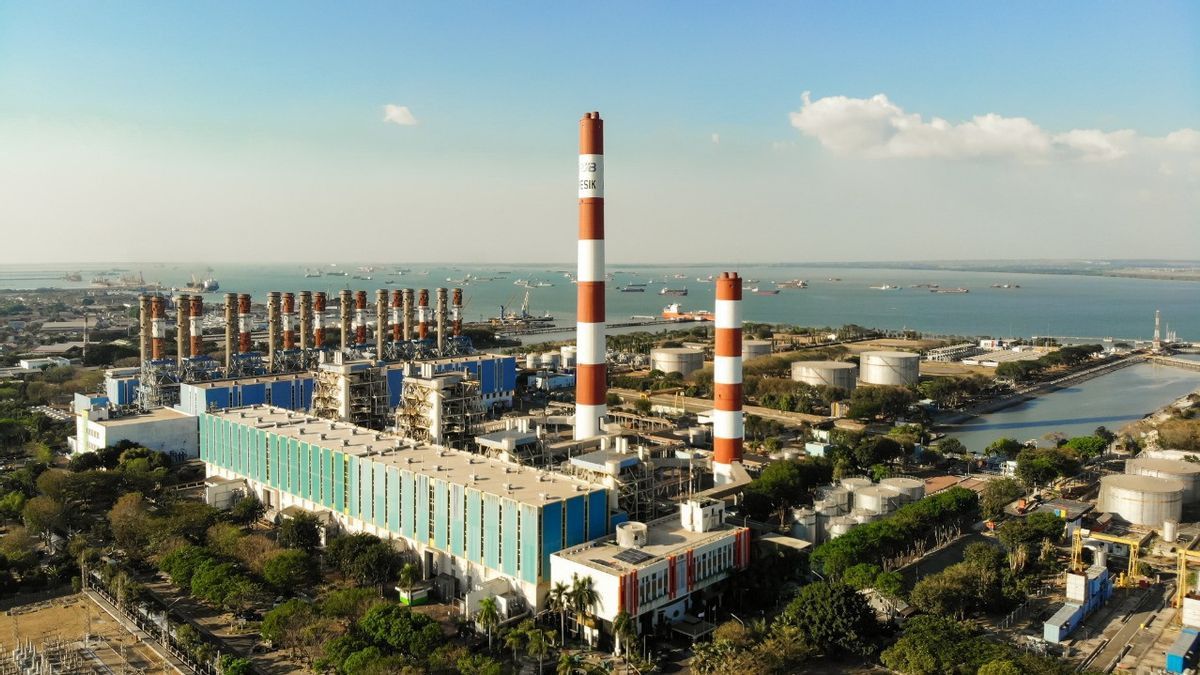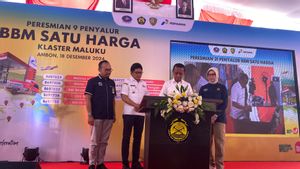JAKARTA - President Director of PT PLN (Persero) Darmawan Prasodjo revealed that PLN has produced green energy of 398 gigawatt hour (GWh) from cofiring workers at 33 steam power plants (PLTU).
Darmawan said this program is part of the Green transformation carried out by PLN through the existing PLTU utilization to produce clean energy.
"This achievement is proof of PLN's seriousness in supporting the clean energy transition program to net zero emissions (NZE) in 2060 and is also Indonesia's commitment to host the G20 Summit," he said in an official statement, Wednesday, October 26.
Darmawan detailed, there are five biomass that are currently being used for cofiring, namely sawdust, wood debris, palm shells, corncobs, and solid jumputan fuel. To support cofiring in 33 PLTU locations, currently, 383 thousand tons of biomass is needed.
"The total carbon emissions that have been successfully suppressed through cofiring in 33 PLTUs are 391,000 tons of CO2," he said.
He said that this cofiring technology was carried out by PLN not only reducing emissions. Through community empowerment, this cofiring technology also invites people to be actively involved in planting biomass plants and some even manage household waste in their region to be used as pellets for cofiring raw materials.
"This is part of a populist electricity ecosystem that involves the community in providing biomass so that it can increase the economic growth of the local community," said Darmawan.
This effort is also a form of the company's commitment to Environmental, Social and Governance (ESG) in creating sustainable economic development.
He explained that PLN targets the implementation of cofiring in 52 PLTU locations by 2025 with a total need for biomass of 10.2 million tons per year. Meanwhile, by the end of 2022, there are 35 PLTU locations that will implement cofiring with an estimated consumption of biomass of 450 thousand tons per year.
"This cofiring is also a short-term step taken by PLN in reducing carbon emissions, because the cofiring program does not require investment for the construction of new plants and only optimizes operational costs for purchasing biomass," he concluded.
The English, Chinese, Japanese, Arabic, and French versions are automatically generated by the AI. So there may still be inaccuracies in translating, please always see Indonesian as our main language. (system supported by DigitalSiber.id)













